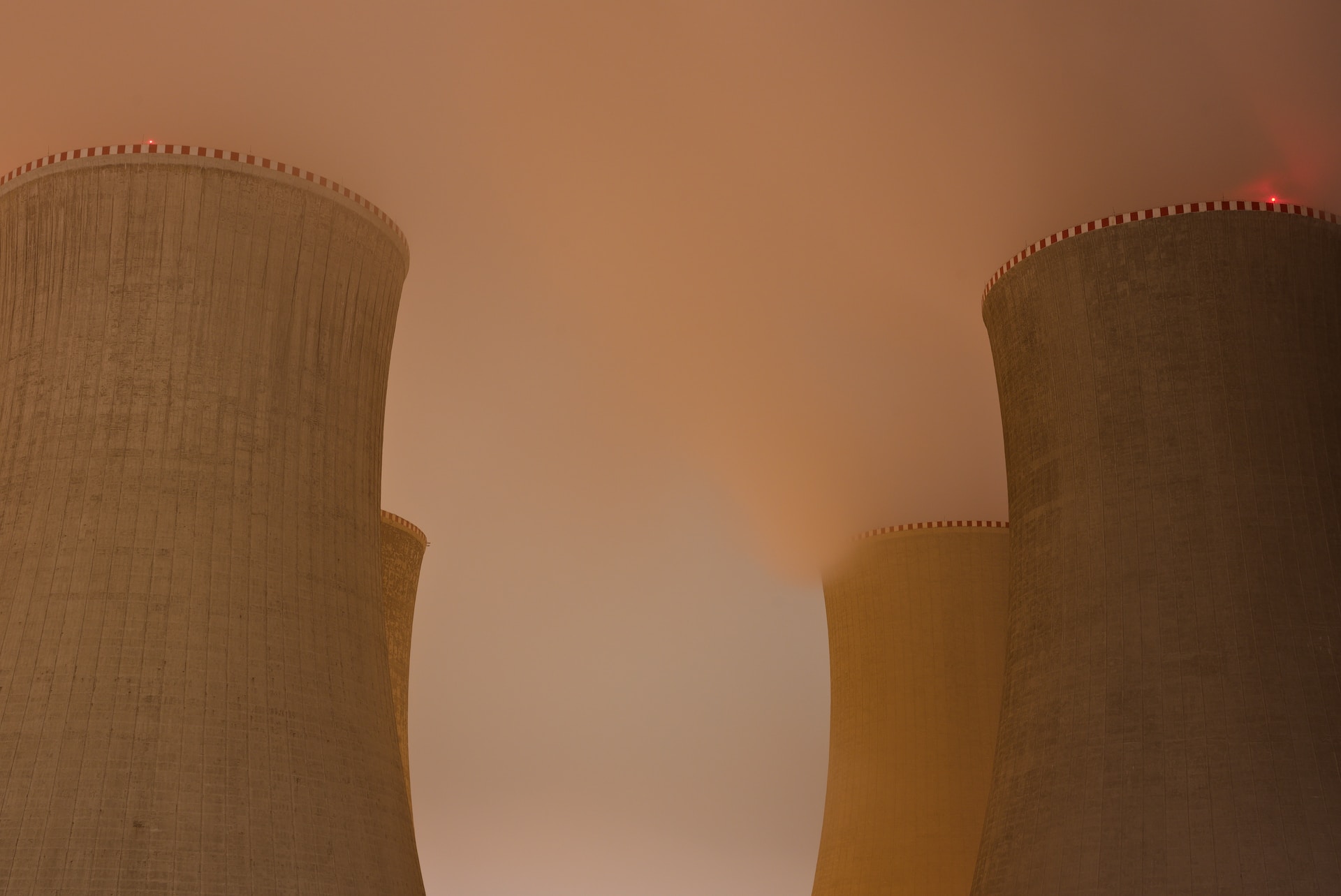A bill meant to ban the import of Russian uranium into the US has passed the House of Representatives and could soon become law. This would cut out all supplies from a country that provides nearly a quarter of the enriched uranium used in US reactors by 2028. The CBO has projected the bill would raise nuclear fuel costs by double digits in percentage terms, which could boost miners, but create a more uncertain impact on the adoption of advanced reactor technologies if domestic enterprises don’t replace hole left by declining Russian supplies.
Special, highly-enriched uranium, known as HALEU is a key product that the US is particularly dependent on Russia for. HALEU is expected to fuel the US’s future fleet of small modular reactors (SMR), but only just became available from a domestic producer in modest quantities. The 2022 Inflation Reduction Act set aside $700 billion for the development of domestic HALEU capacity through 2026, which could spur further investment in US enrichment facilities.
Related ETF: Sprott Uranium Miners ETF (URNM)
The US House of Representatives has voted to approve The Prohibiting Russian Uranium Imports Act, which will enforce a ban on uranium imports from Russia to the United States until 2040. Though the bill will still need to pass the Senate and receive the President’s signature, its passage would be a significant disruption and may have a material impact on the prices US nuclear power generators will need to pay for the yellow metal. Russia’s state-owned uranium giant, Rosatom, leads the world in uranium enrichment and ranks third in uranium production and fuel fabrication, according to its 2022 annual report. The US relied on Russian supplies for about 24% of its enriched uranium demand 2022 – making it the US’s top foreign supplier for the year.
For all the Russian energy output that has essentially been cut off from western economies since February 2022, following Russia’s formal invasion of Ukraine, MRP noted back in August that enriched uranium sold by Rosatom had been mostly untouched in its overseas shipment to Europe and the US. Rosatom could be considered directly complicit in Russia’s war effort, as it has taken charge of operations at Zaporizhzhia Nuclear Power Plant (ZNPP) since the power station was occupied by Russian forces in March 2022. The ZNPP, located in southern Ukraine, is Europe’s largest nuclear power plant.
The White House had previously rolled out a spate of sanctions against Rosatom subsidiaries, but this appears to have done little to halt imports of Russian uranium thus far. Russian news outlet Sputnik recently claimed US federal statistical system data…
To read the complete Intelligence Briefing, current All-Access clients, SIGN IN All-Access clients receive the full-spectrum of MRP’s research, including daily investment insights and unlimited use of our online research archive. For a free trial of MRP’s All-Access membership, or to save 50% on your first year by signing up now, CLICK HERE










